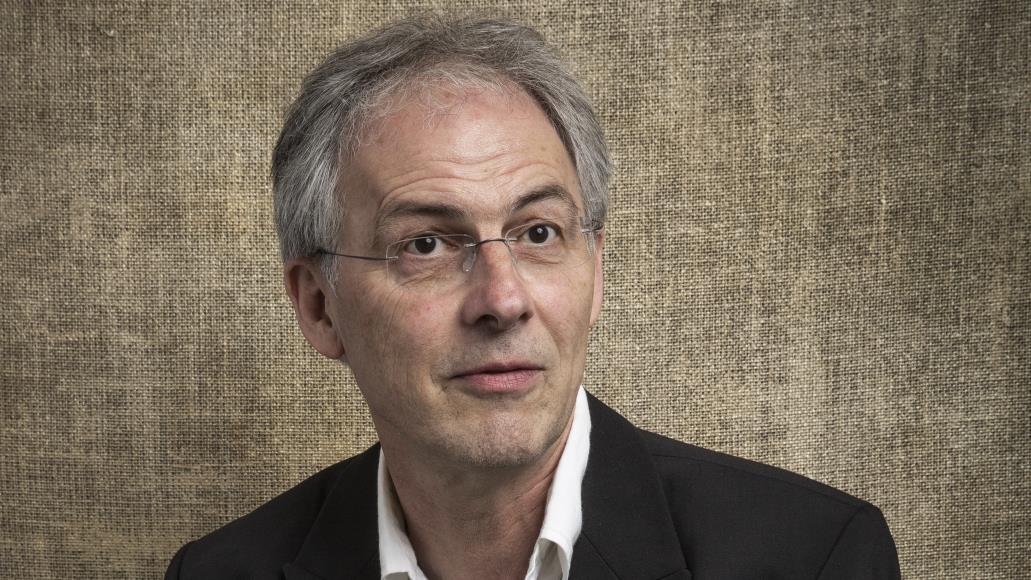
"Ay up, lad, greetings from Lancashire," was how one Hay audience member addressed the dialect expert Rob Penhallurick.
"A language is made up of dialects," the author said, "and English dialects have been studied since the 16th century." Philologists traversed the country collecting different words used for the same object and compiling lexicons culminating in The New English Dictionary of 1858, which became the Oxford English Dictionary.
Penhallurick's book, Studying Dialect, is a celebration of the early pioneers of philology (with women notably absent), and cites scores of intriguing regional names; for example, an alleyway can be a drangway, a ginnel, a snicket or a vennel, depending on where you live. Today, there is either shame or great pride surrounding these variations.
"A living language is always changing," he confirmed, "and we are entering another area of great change. Furthermore, language and dialect do not respect borders."
"A willingness to be puzzled" is the way to anticipate and embrace the evolution of dialect, he concluded.